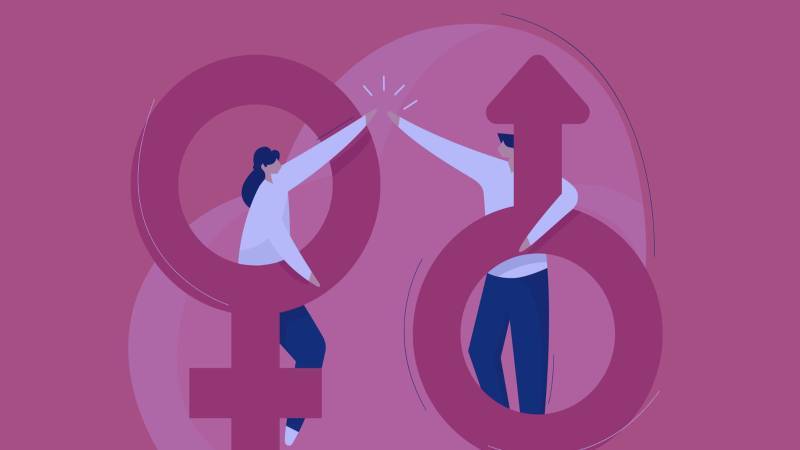
In Pakistan, gender discrimination is deeply woven into the way boys and girls are raised. One of the most glaring examples of this bias is how they are trained for life, with different moral standards, social responsibilities, and personal expectations. This unequal upbringing is not just a cultural issue, it is a fundamental injustice that affects opportunities, personal dignity, and even religious obligations.
One of the greatest injustices in our society is the way morality is selectively enforced based on gender. A boy who indulges in inappropriate relationships, something that is strictly forbidden in Islam, is often excused or even ignored by his family. His mistakes are brushed aside as “youthful errors” or “natural desires.” Even when he marries, his past misdeeds are tolerated by his wife and in-laws, as if men have an inherent right to be forgiven for their immorality.
This bias extends into married life. A wife is socially conditioned to tolerate her husband’s inappropriate behavior, whether it is emotional neglect, domestic violence, or even extramarital affairs. She is repeatedly told that “a woman’s patience keeps the home intact” and that “a good wife always forgives.” Her own emotional and moral dignity is sacrificed for the sake of preserving the marriage.
Islam promotes justice, equality, and fairness for both genders. It is time for our society to follow these teachings in practice, not just in words
But what happens when the roles are reversed? If a woman demands her rights, she is labeled as “rebellious” or “disrespectful.” Society does not expect men to forgive their wives. In fact, men are often encouraged to divorce women for the slightest issue, while women are pressured to endure endless suffering in silence. This imbalance is not part of Islam, it is a product of cultural patriarchy that distorts religious teachings to favor men.
The Misinterpretation of a Daughter’s Responsibilities
Islam teaches that both sons and daughters are equally responsible for caring for their parents, especially in old age. A daughter’s love, moral support, and physical care for her parents are as valuable as a son’s. However, in our society, once a girl is married, she is often pressured to prioritise her in-laws over her own parents. She is told that her duty is first to serve her husband’s family, while her own parents are left with little support. Even if she wishes to look after them, she is often restricted by her husband or in laws, who see it as an insult to their authority. This practice is not only unfair but also completely against Islamic teachings. In Islam, a woman has the right to care for her own parents just as a man does. There is no religious obligation that forces a woman to serve her in-laws above her own family. This is a cultural invention that has no basis in our beautiful religion.
If Pakistan is to progress, we must challenge these outdated norms and ensure that both men and women are held to the same moral and ethical standards. Parents must raise their sons with the same accountability and discipline as their daughters. Women must be given the freedom to care for their parents without restrictions. And, most importantly, marriage should be built on mutual respect and fairness, not on one-sided tolerance and sacrifice.
Islam promotes justice, equality, and fairness for both genders. It is time for our society to follow these teachings in practice, not just in words.

